Spartanburg County and SC are predominately Republican red. That wasn't always the case.
South Carolina and Spartanburg were not always as Republican red as today.
Political experts don't see a flip to Democratic blue any time soon.
Rick Beltram, who was chairman of the Spartanburg County Republican Party from 1999 to 2009, said the county was dominated by Democrats when he relocated his food service business here from New Jersey in 1987.
At that time, he said former Republican Party Chairman Barry Wynn and others "spent a tremendous amount of time recruiting (Republican) candidates."
"The job of a chairman was to recruit candidates, even if you didn't think they could win," Beltram said. "When I was chairman, how we did it was step by step-by-step, looking at demographics. What I found was a majority of the people in the county were on the same side as Republicans on education, pro-life and other issues."
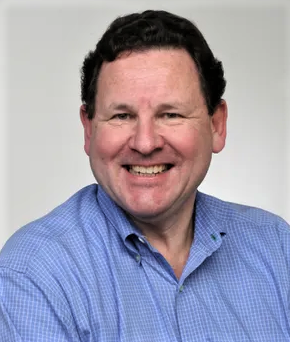
Spartanburg County Councilman David Britt was first elected in 1991 as a Republican, when few Republicans held office in South Carolina.
"It used to be you couldn't get elected if you ran as a Republican," Britt said.
More: 'There's no magic wand:' Spartanburg Democrats face uphill battle to electoral relevance
"The South and South Carolina had always been conservative, pro-business and hands-off government," Britt said. "People of South Carolina and Spartanburg are very independent. They don't need anyone speaking or acting for them. That resonates with people, especially independent-thinking people."
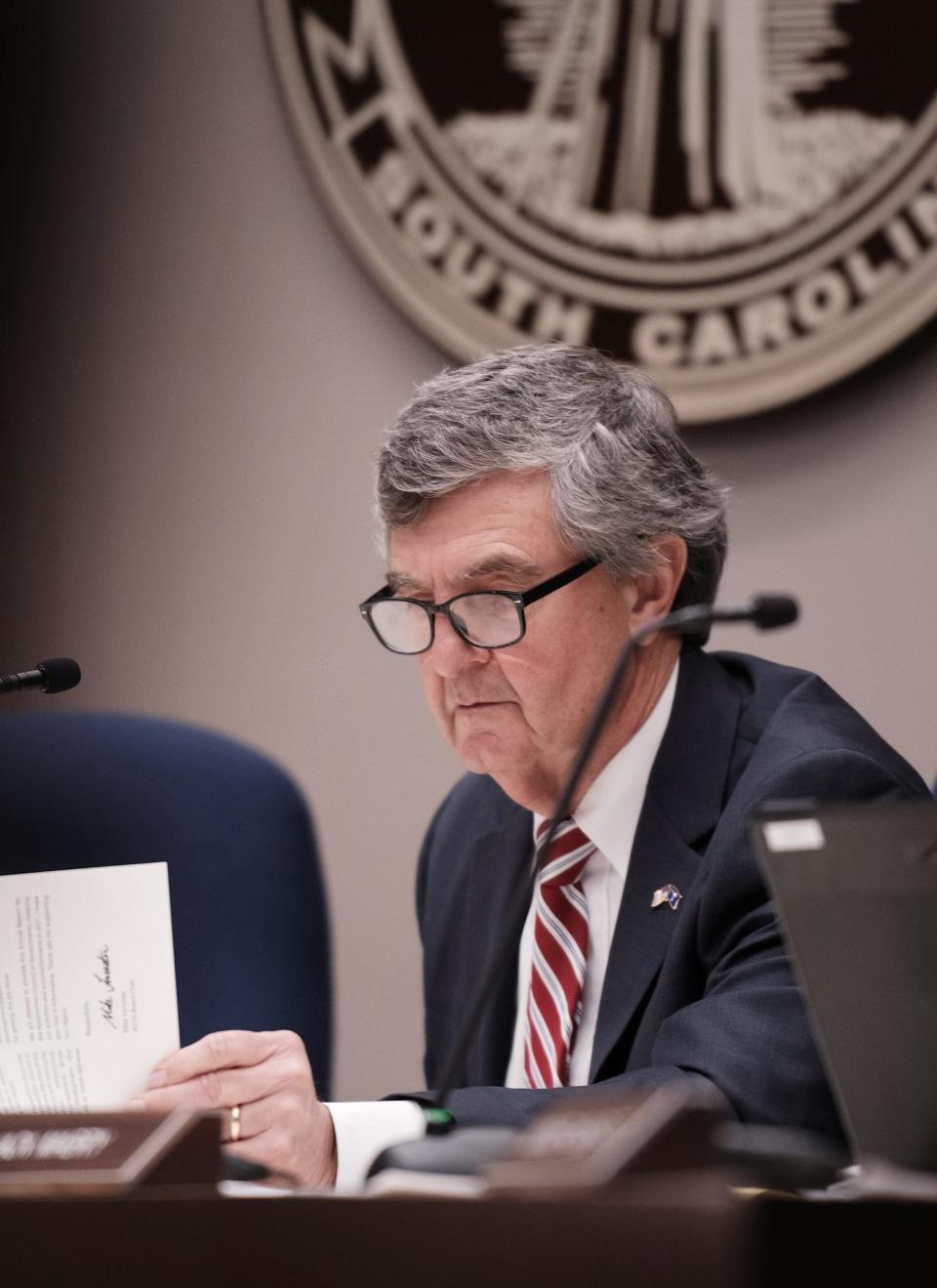
Retired Clemson University political science professor David Woodard said he's studied majority party rule dating back to the Civil War.
"Republicans were the majority part until the Great Depression," Woodard said. "Then comes 1930, and Democrats won 50 seats (in the U.S. House of Representatives) in the mid-term, and in 1932, they won 100 more. They were the dominant party until 1994."
Although the president in 1994 was Democrat Bill Clinton, Republicans took control of Congress and many longtime Southern Democrats were switching to the Republican Party, he said.
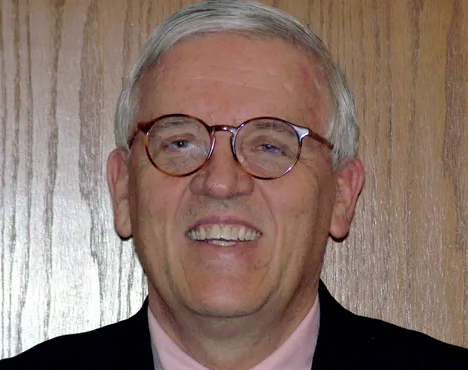
Furman University political and international affairs professor Danielle Vinson said the Republican Party enlarged its tent in the 1980s.
"As many social issues, especially abortion, were left to the states to set policy, state and local Republicans were able to use those issues to bring Christian conservatives to the Republican Party locally," she said. "The Upstate is home to many Christian conservatives who vote primarily on social issues.
More: Post-Roe, what does it mean to be anti-abortion? GOP split on what's next
"Mostly gone are the conservative Democrats of the South and the liberal Republicans of the North. Without some ideological overlap, the two parties seem to have less common ground, and that makes voters less likely to support someone in the other party."
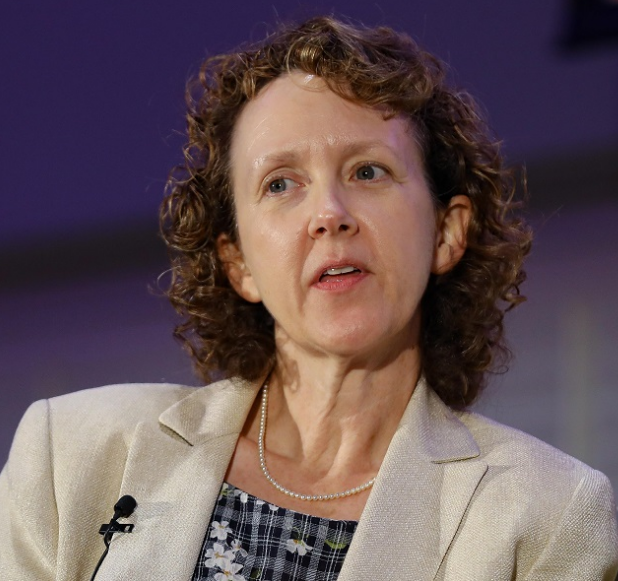
David Fleming, associate professor of politics and international affairs at Furman University, said that decades ago, both parties had their share of conservatives and liberals.
"That's not the case anymore," he said. "Liberal Republicans and conservative Democrats are now an endangered species. The parties are much more ideologically sorted. This is one reason for the rise in political polarization."
He said local and state elections have become much more nationalized.
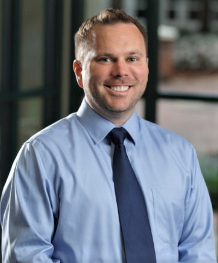
"In previous decades, we we often saw a higher level of split-ticket voting," he said. "For example, a voter may vote Republican for president for the Democratic candidate for governor.
"Now, voters are more likely to vote Republican or Democratic all down the ballot. And today this means that Republicans in South Carolina hold a substantial advantage."
Contact Bob Montgomery at bob.montgomery@shj.com. Please support our coverage of Spartanburg County with a digital subscription.
This article originally appeared on Herald-Journal: How South Carolina and Spartanburg became predominately Republican

